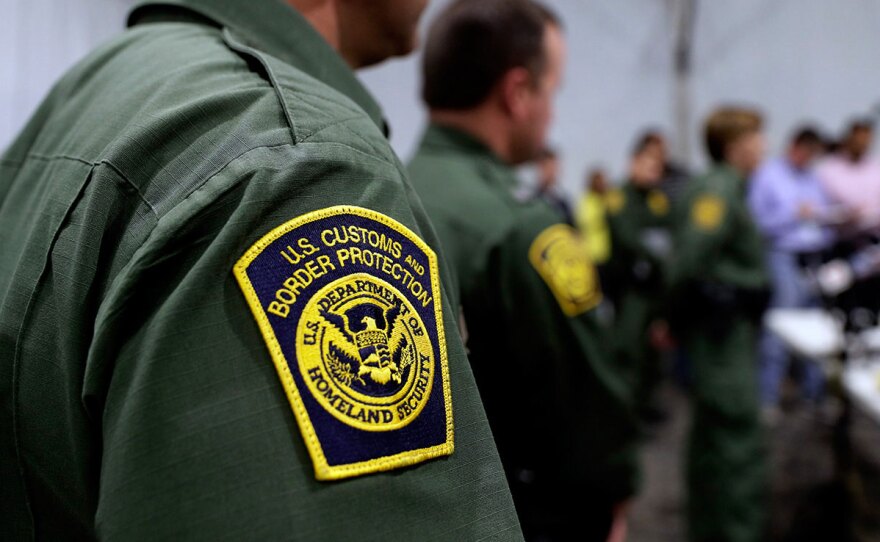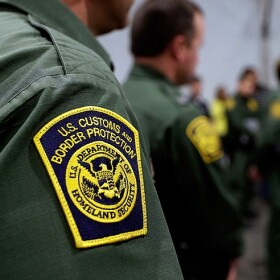A new study from San Diego State University finds that stricter border enforcement creates a greater climate for Border Patrol corruption. Sociologist David Jancsics looked at eight years of data of Customs and Border Protection misconduct and found that the higher the security at the border, the more likely border patrol agents will be complicit with crime.
He published his findings in a paper released this week in Security Journal and is the result of two years of research and a detailed review of 160 cases.
“Smuggling is a very risky business. So for smugglers, it’s a very good strategy to try to find officers and develop a relationship with them for the long term,” Jancsics told KPBS.
RELATED: Border Patrol Agent Arrested On Suspicion Of Drug, Illegal Firearm Possession
Jancsics also found that the length of time an agent has been with CBP changes the types of corruption they engage with. While newer agents more often engage in drug smuggling, which involves simply waiving a car through a checkpoint, agents with more experience tend to work with human smugglers, where false documents need to be signed and processed.
The Trump administration has ordered CBP to staff up in the coming years. Jancsics thinks it's important that CBP continue to monitor new hires, well after they’ve begun the job.
RELATED: Pendleton Marines The Latest In A List Of Officials With Ties To Human Smuggling
“It seems that the first few years are critical, so I think they should focus on the new hires, repeating investigations, doing background checks,” Jancsics said.
In a statement, CBP told KPBS even after hiring, agents continue to receive training that promotes accountability to the agency’s mission.








